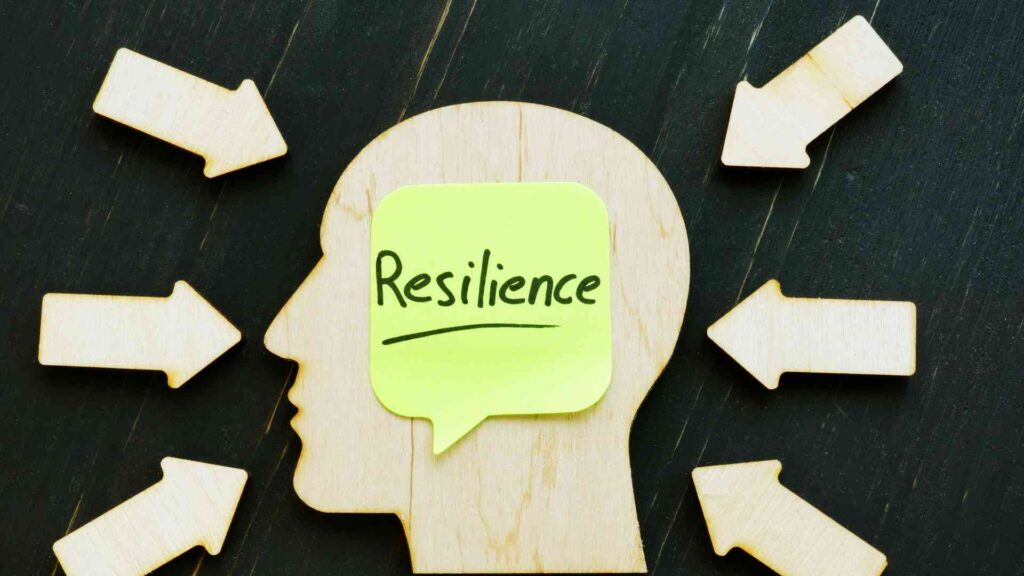Discover comprehensive information for all aspects of sexual health and find resources and guidance to empower your sexual well-being.
Prostate health is a critical concern for men, especially as they age. The prostate gland…
Discover comprehensive information for all aspects of sexual health and find resources and guidance to empower your sexual well-being.
Prostate health is a critical concern for men, especially as they age. The prostate gland…
Feeling nervous about sexual performance, known as Sexual Performance Anxiety (SPA), is pretty common. But…
The International Society for the Study of Women’s Sexual Health describes Hypoactive sexual desire disorder…
Erectile dysfunction (ED) is a common condition affecting men, often characterized by the inability to…
The pelvic floor muscles are the unsung heroes of our body’s core, providing support to…
Erectile dysfunction (ED) is a condition that affects many men worldwide, leading to significant stress,…
Commitment issues can often manifest in romantic relationships, work, and other personal or professional spheres.…
Emotional maturity is a vital aspect of our overall well-being, influencing how we navigate relationships, handle challenges, and make decisions. Unlike physical maturity, which occurs naturally with age, emotional maturity requires conscious effort and self-awareness. In this article, we’ll explore actionable steps to develop emotional maturity.
Table of Contents
ToggleEmotional maturity refers to the ability to understand, manage, and express emotions in a constructive manner.
It involves self-awareness, empathy, resilience, and emotional regulation. Rather than reacting impulsively to situations, emotionally mature individuals can pause, reflect, and respond thoughtfully.
Related: Emotional Maturity: Meaning, Signs And Examples
Self-awareness forms the foundation of emotional maturity.

It involves recognizing and understanding one’s own thoughts, feelings, and behaviors without judgment. To enhance self-awareness:

Empathy is the ability to understand and share the feelings of others. It allows us to connect with people on a deeper level and respond to their needs with compassion.
To cultivate empathy:
Related: Empathy 101: All You Need To Know
Resilience is the ability to bounce back from setbacks and adversity. It involves maintaining a positive outlook, adapting to change, and learning from failures.

To build resilience:
Emotional regulation refers to the ability to manage and control one’s emotions effectively. It involves recognizing triggers, practicing self-control, and finding healthy ways to express feelings.
To master emotional regulation:

Developing emotional maturity is a journey that can be challenging at times. It’s essential to seek support from friends, family, or a professional therapist when needed.
Talking openly about your emotions and seeking guidance can provide valuable insights and encouragement along the way.
Dr. Nishtha, a medical doctor holding both an MBBS and an MD in Biochemistry, possesses a profound passion for nutrition and wellness. Her personal journey, marked by significant struggles with physical and mental health, has endowed her with a unique empathy and insight into the challenges countless individuals face. Driven by her own experiences, she leverages her background to offer practical, evidence-backed guidance, empowering others on their paths to achieving holistic well-being. Dr. Nishtha truly believes in the interconnectedness of the mind and body. She emphasizes the significance of understanding this connection as a crucial stride toward attaining balance and happiness in life.

